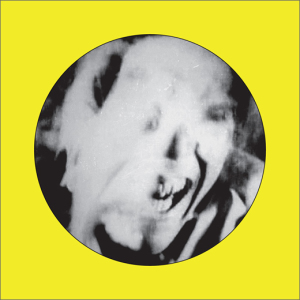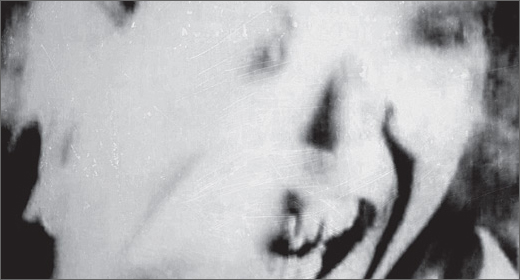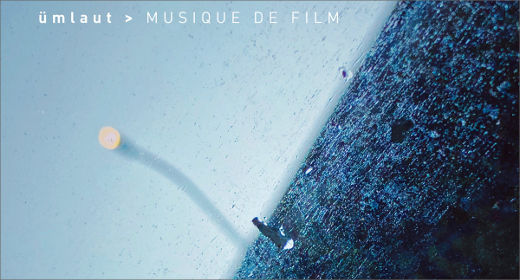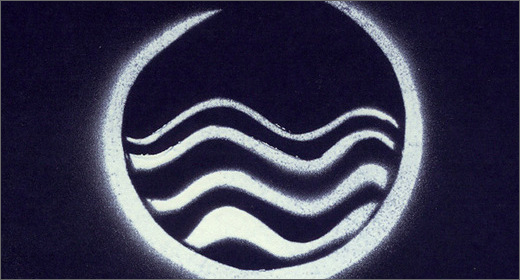While deftly flirting with Japonism and sometimes quite literal in reflecting the images on the screen, their expressive sensitivity instills the images with the strong storyline it lacks.
 Latter-day Dadaists-slash-Futurists Vetrophonia score the rare silent-era motion picture Kurutta Ippeiji (A Page of Madness) by Teinosuke Kunugasa, made in 1926 and co-written by a coterie of avant-garde litterateurs including future Nobel laureate Yasunari Kawabata. The original print was lost for almost half a century before being rediscovered by the director himself in 1971, who re-released it with a new score. Thus, it is fitting that its DVD debut feature yet another updated soundtrack.
Latter-day Dadaists-slash-Futurists Vetrophonia score the rare silent-era motion picture Kurutta Ippeiji (A Page of Madness) by Teinosuke Kunugasa, made in 1926 and co-written by a coterie of avant-garde litterateurs including future Nobel laureate Yasunari Kawabata. The original print was lost for almost half a century before being rediscovered by the director himself in 1971, who re-released it with a new score. Thus, it is fitting that its DVD debut feature yet another updated soundtrack.
Cherished by cinéastes as one of few survivors of the Japanese silent era, time, misadventure and changing traditions have only added to its mystique—a full quarter of the original has been lost to inexplicable editing and their are no intertitles, since in Japanese movie houses of the era, a live narrator served to guide the audience. Viewed without a cheat sheet, the plot, a family tragedy played out in an insane asylum, becomes frankly incomprehensible after the first five minutes.
None of these circumstances however make the hour-long reconstructed remnant less of an experience. Kunugasa’s camera moves fluently and strikingly in turn. His allegiance to a school of artists determined to transform film from a delivery system for naturalism is on wild and glorious display. In one particularly effective and memorable scene, the women are shown displaying every imaginable emotion in a sweeping montage, while throughout the film, the male inmates exhibit little more than feral aggression.
Russian duo Nick Soudnik and Alexander Lebedev-Frontov make like a two-man intonarumori manhandling an entire orchestra worth of instruments and radiophonic workshop full of effects. While deftly flirting with Japonism and sometimes quite literal in reflecting the images on the screen, their expressive sensitivity instills the images with the strong storyline it lacks.
Kurutta Ippeiji is available on Zhelezobeton Film.



























